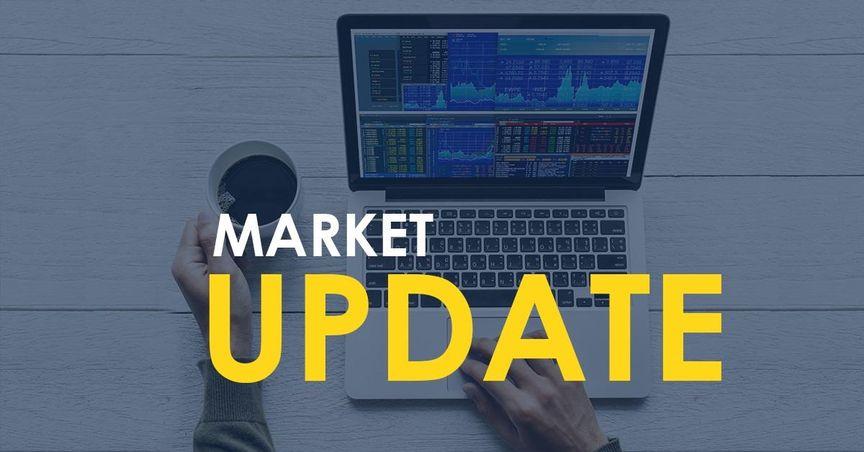Highlights
Reports indicate a US-UK trade agreement announcement is expected.
The development could affect sectors listed on both the LSE and NYSE.
Political and economic engagement between the nations remains in focus.
The international trade sector, especially across the London Stock Exchange (LSE) and New York Stock Exchange (NYSE), is drawing attention amid expectations of a new agreement between the United States and the United Kingdom. Reports have emerged that a formal announcement of a bilateral trade deal could take place imminently, following extended discussions between leadership from both countries.
The trade arrangement is viewed as part of broader diplomatic and economic dialogue that has been evolving over recent years, particularly in the context of post-Brexit relations. Several industries with cross-border exposure may be impacted through supply chain adjustments and trade flow dynamics.
Sectors With Transatlantic Exposure in Focus
Manufacturing, transportation, agriculture, and pharmaceuticals are among the sectors with substantial interaction between the two economies. ASX-listed companies with ties to entities listed on the LSE or NYSE may also monitor developments closely, particularly those involved in import-export activity, logistics, and joint ventures.
Logistics infrastructure across the UK and US is closely tied to customs processes and cross-border facilitation. Adjustments in tariffs or trade frameworks could influence how listed firms on both exchanges adapt operational strategies.
Currency and Regulatory Dialogue
Foreign exchange markets, particularly involving GBP and USD, are often sensitive to announcements related to trade agreements. The LSE and NYSE list several companies in financial services and international banking that have exposure to currency fluctuations and regulatory compliance changes.
Trade agreements often include provisions that extend beyond tariffs, such as digital services, data sharing, and regulatory alignment. Financial entities and multinational corporations operating across both jurisdictions may review such developments in relation to operational planning.
Historical Trade Linkages Reinforced
The economic relationship between the US and UK is among the most established globally, and trade ties have continued through multiple administrative transitions. A formal agreement may reflect ongoing efforts to institutionalise economic cooperation through clearly defined terms covering goods, services, and capital movement.
Listed multinationals with dual listings or large-scale operations in both markets, particularly those on the LSE and NYSE, are often among those with existing structures tailored to benefit from trade simplification. Transportation services, consumer goods producers, and digital platforms are typically aligned with such cross-border efficiencies.
Broader Geopolitical Context Adds Dimension
The agreement is expected amid a complex global backdrop involving other trade pacts, regional alliances, and shifting geopolitical dynamics. For companies active in both regions or servicing global supply chains, strategic planning often includes scenario assessments related to such macro-level agreements.
While specific details of the expected US-UK deal have not been officially disclosed, the announcement is being closely watched by sectors listed on the LSE and NYSE, where international exposure and regulatory clarity remain central to operational focus.






